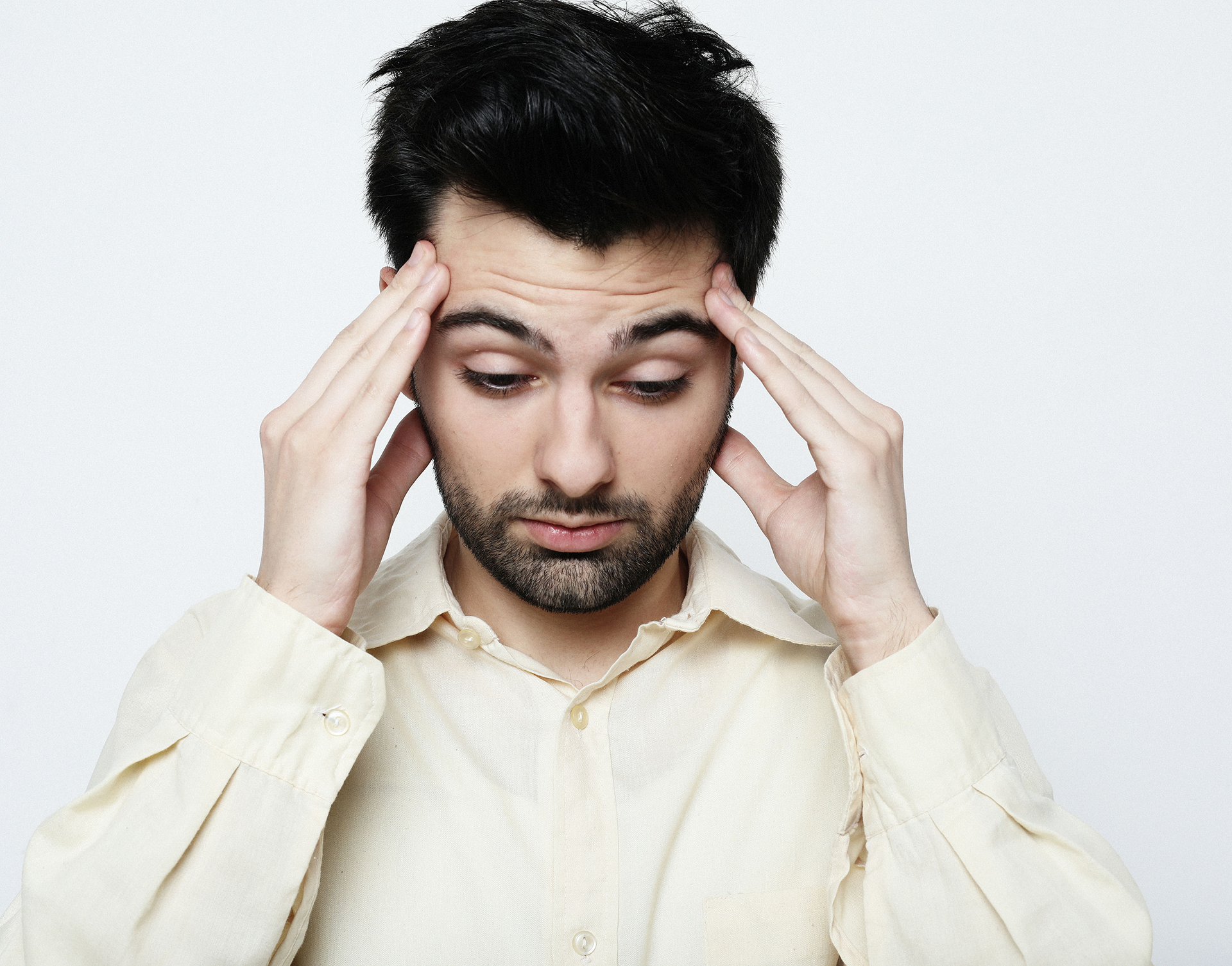The connection between porn addiction and depression depends on individual psychology, coping mechanisms, and how porn use impacts a person’s overall well-being. While studies haven’t found a direct one-to-one causal link, the two often intersect in ways that exacerbate mental health struggles.
For some, excessive pornography use becomes a coping mechanism for underlying depression. For others, compulsive porn consumption may fuel feelings of shame, isolation, and emotional dysregulation. These can be key drivers of depressive symptoms.
What is Porn Addiction?

Over time, frequent porn users may develop a tolerance or become desensitized. They require more extreme or frequent consumption of porn to achieve the same pleasurable “high.” This can disrupt natural dopamine regulation and may contribute to mood disorders.
The emotional fallout from porn addiction often mirrors depressive symptoms: isolation, guilt, and a diminished capacity for real-life intimacy. Many individuals turn to porn to numb emotional pain, escape stress, or cope with unresolved trauma. But they may only find that the habit deepens their sense of loneliness and self-loathing.
What is Depression?
Depression is a mood disorder marked by persistent sadness, hopelessness, and a loss of interest in daily activities. It affects how a person thinks, feels, and functions, often leading to physical symptoms like fatigue, sleep disturbances, and changes in appetite.
The Diagnostic and Statistical Manual of Mental Disorders (DSM-5) identifies several types of depressive disorders, including:
- Major Depressive Disorder (MDD): MDD has severe symptoms that lasts at least two weeks.
- Persistent Depressive Disorder (PDD): PDD is characterized by chronic, low-grade depression lasting two years or more.
- Seasonal Affective Disorder (SAD): This form of depression is tied to seasonal changes, typically winter but also warm summer months.
- Postpartum Depression: Postpartum depression can occur after childbirth, and can affect even the partner who hasn’t given birth.
Depressive disorders are either clinical or acute. Acute depression is often situational, triggered by life events like grief or job loss, and may resolve with time or short-term therapy. Clinical depression is more pervasive, usually involving chemical imbalances in the brain and typically requiring long-term depression treatment (such as medication or psychotherapy).
Signs of Depression
Depression can manifest in many ways, and its symptoms often vary from person to person. However, there are common signs that may indicate someone is struggling with this mental health condition.
- Persistent sadness or emptiness: A deep, unshakable feeling of sorrow may linger for weeks or months. This emotional heaviness doesn’t lift, even in situations that would normally bring joy.
- Loss of interest in hobbies: Activities that once sparked excitement now feel meaningless or exhausting. Withdrawal from social events and passions can further deepen feelings of isolation.
- Fatigue and low energy: Even simple tasks like getting out of bed or showering can feel overwhelming. Chronic tiredness persists regardless of how much rest a person gets.
- Sleep disturbances: Some people experience insomnia, lying awake for hours with racing thoughts. Others may sleep excessively but still wake up feeling drained.
- Feelings of worthlessness: Harsh self-criticism and guilt over minor mistakes become constant. This negative self-talk reinforces the belief that one is a failure or unworthy of happiness.
- Changes in appetite: Significant weight loss or gain may occur without intentional dieting. Some lose interest in food entirely when depressed, while others turn to eating for comfort.
- Difficulty concentrating: Tasks that require focus (like reading) become frustratingly hard. Memory lapses and indecisiveness can interfere with daily responsibilities.
- Physical aches and pains: Unexplained headaches, stomachaches, or muscle tension often accompany depression. These symptoms may persist even after medical evaluations rule out other causes.
- Suicidal thoughts: Some individuals experience frequent thoughts of death or self-harm. If these arise, immediate professional help is crucial for safety and recovery.
Recognizing these signs early can lead to timely intervention and better outcomes. If you or someone you know is experiencing these symptoms, reaching out for support is a vital step toward healing.
How To Heal from Depression and Porn Addiction
If you or a loved one are struggling with depression and porn addiction, it’s important to recognize how each condition supports the other. Though there isn’t a specific link between the two, porn addiction can derive from depression and vice versa. For this reason, it’s important to find care for both conditions.
Often, depression creates a void that individuals attempt to fill with compulsive behaviors like porn use. But they only experience worsening shame and isolation, which can create a vicious cycle where each condition exacerbates the other.
It’s most often pertinent to address depression first, as its symptoms can become a hindrance to good self-care and may even become life threatening. Healing from porn addiction requires a dual approach that addresses the neurological patterns of addiction while rebuilding emotional resilience and self-worth
Treatment Options for Depression and Porn Addiction
Effective treatment for mental conditions like depression and pornography addiction often involves a combination of therapies tailored to address both conditions at once.
Cognitive Behavioral Therapy (CBT) helps individuals identify and reframe negative thought patterns. This form of individual therapy includes conversing with a therapist and sharing thoughts and beliefs directly related to certain issues. By challenging distorted beliefs, patients can develop healthier coping strategies. CBT can help reduce compulsive behaviors (such as consuming porn) and can help improve mood regulation.
Dialectical Behavior Therapy (DBT) teaches emotional regulation skills that can help manage compulsive behaviors and depressive episodes. It can be particularly effective for those with co-occurring trauma or self-harm tendencies. DBT’s unique balance of acceptance and change strategies helps clients break free from all-or-nothing thinking patterns common in addiction.
Eye-Movement Desensitization and Reprocessing (EMDR) can be particularly effective for those whose depression and addiction may stem from trauma. This modality of therapy helps people reprocess traumatic memories so they lose their emotional power. The bilateral stimulation used in EMDR can help the brain process stuck memories similarly to how it processes experiences during REM sleep. Clients often experience profound shifts in how they view past events, with many describing it as “remembering without reliving.” When combined with other therapies, EMDR can accelerate healing by resolving feelings around trauma that fuels both depressive symptoms and addictive behaviors.
Modern trauma therapy recognizes that traumatic memories are often stored non-verbally in the nervous system, requiring body-based approaches for complete healing. Therapists help individuals develop a “window of tolerance” where they can process difficult material without becoming overwhelmed. This work frequently reveals how early attachment wounds contribute to both depression and addictive patterns, allowing for deep, transformative healing. As patients process their trauma, they typically need fewer maladaptive coping mechanisms like porn use.
At Eagle Creek Ranch Recovery, we integrate these evidence-based approaches with holistic modalities to support comprehensive treatment plans.
Get Support for Depression at Eagle Creek Ranch Recovery
Eagle Creek Ranch Recovery offers a comprehensive mental health treatment, including residential treatment for depression. Our program combines clinical excellence with the healing power of nature in Idaho’s peaceful setting. Individuals will receive personalized care plans that address both mental health and behavioral addictions.
Our facility’s residential programs are designed around the integration of evidence-based and holistic therapies. This may include:
- Adventure Therapy: Outdoor challenges like hiking and rock climbing can help rebuild confidence while teaching healthy coping strategies.
- Individual Therapy: One-on-one sessions with licensed therapists allow for personalized treatment for addressing core issues.
- Group Therapy: Peer support sessions create a safe space for sharing experiences and practicing interpersonal skills.
- Family Therapy: Structured sessions can help repair relationships and educate family members about the recovery process.
- Motivational Interviewing: This client-centered approach helps resolve ambivalence and strengthen commitment to change.
- Equine Therapy: Working with horses can help teach emotional regulation and nonverbal communication skills.
- Trauma Therapy: Specialized, targeted techniques help process traumatic memories that may underlie addictive behaviors.
- Reiki: This energy healing practice complements traditional therapies by promoting relaxation and emotional balance.
For those struggling with issues like depression and addiction to pornography, professional treatment can be life-changing. Eagle Creek Ranch Recovery provides the tools and environment needed for comprehensive healing. Our compassionate team understands the unique challenges men face in addressing these sensitive issues.
Depression and addiction don’t have to control your life. Effective treatment and support are available, and there are people out there ready to help you. Call Eagle Creek Ranch Recovery today to learn more.

Clinical Director
Kendall Maloof is the clinical director at Eagle Creek Ranch Recovery. She is a licensed marriage and family therapist and has held multiple leadership roles before settling here at Eagle Creek Ranch Recovery. Kendall received her master’s degree in marriage and family therapy from the Chicago School of Professional Psychology in 2016. Her career in mental and behavioral health began in 2014 when she took up internships in both the nonprofit and for profit sectors. She interned at multiple reputable companies, such as The Living Success Center and 449 Recovery in California.
In 2019, Kendall became the clinical director of Sunsets Recovery for Woman, a dual diagnosis program in southern California. Kendall is a natural leader. She has an incredible ability to problem solve and stay calm in any situation. Kendall never fails to show up when she is needed, and her calm demeanor makes her team and clients feel at ease. Eagle Creek Ranch Recovery is proud to have Kendall as our clinical director.



